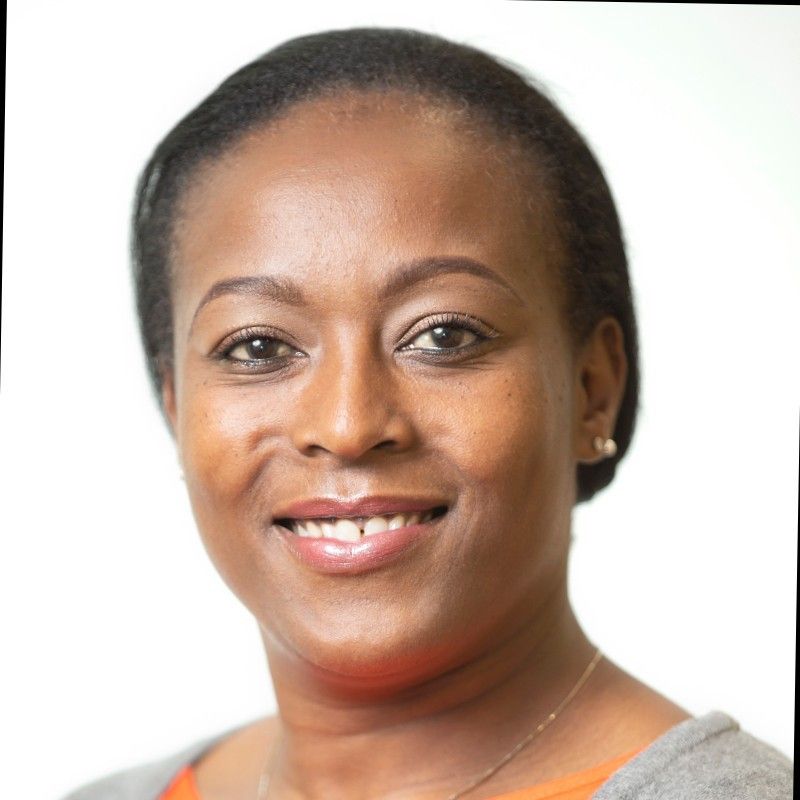There’s a bias in how African business stories are told, both locally and globally. The Business In Africa Report, published by Africa No Filter in collaboration with AKAS, records that despite the African Continental Free Trade Area (AfCFTA) being the largest free trade area globally with a Gross Domestic Product of over $3 trillion, its coverage in business news in Africa and worldwide is below 1%. The disappointing fact is that the majority of African business stories that get into the media are tainted.
The way different storytellers present business stories in Africa matters because stories collectively form narratives that in turn shape perceptions about Africa. The impressions people have about business on the African continent have an effect on how much investment goes into the African economy. Through an analysis of over 700 million stories published on both African and non-African sites, this report indicates how the media, academia, and storytellers have formed various narratives about business in Africa. These narratives are highlighted here:
The duo representing Africa
Africa has 54 countries, yet academic publications, research and the media tend to focus more on South Africa and Nigeria. The report shows that between 2017 and 2021 mentions of the two countries in business news within and outside the continent increased from 36% to 50%. Whereas the duo continue to make headlines, other African nations remain unrecognized even though they are performing similarly well, if not better (Top 20 richest countries in Africa).
Dominance of non-Africans in African news
If you were writing a story about yourself, then somewhere along the way you went off on a tangent and wrote only about: the short-stay visitors to your house, the worker planting a kei apple fence around your house, the road works team fixing the main road, etc., you would have abandoned the initial reason for writing. This would mean you have totally shifted the focus of the story, and it is no longer about you, but about everyone else around you. At some point, the details of the other people around you overshadow your story and become the story.
This is exactly what the media is doing while telling African business stories. These stories told are about other countries doing business in Africa; like China, USA, Russia, France, or the UK. Additionally, when featuring top consumer brands in Africa, focus is more on foreign brands like Google, Apple, and Nike. The story is no longer about Africans doing business in Africa; but non-Africans doing business in Africa.
Technology has the lion’s share
Opportunities in the technology industry are gaining coverage whereas the creative industry continues to lag behind. It is a good thing that the technology narrative is told. Thing is, it’s not the only industry story in Africa. Start-ups and creative industries are thriving but are the least covered, not like technology.
Africa’s youth want to start their own businesses in the next 5 years – and African countries top Google searches for business ideas and plans globally. Africa has a thriving start-up landscape. On creativity, consider that Nollywood, the world’s 2nd largest film industry, isn’t profiled like Hollywood, or Spanish tele-novellas are profiled in Africa. The future of jobs is intellectual capitalism, which is embodied in the creative industry and is thriving on the continent, but the story is not well told.
Exclusion of youth and women
Africa tops the Mastercard Index of highest concentration of women business owners globally. It is the continent with the largest and youngest populations in the world (and growing). One would imagine that these two impressive facts are reasons enough for the media to place youth and women at the centre of business stories. Unfortunately, issues concerning youth and matters of gender equality and women generally, are given lesser attention.
Additionally, youth in Africa are mostly depicted in a negative way in global news — oftentimes linked with violence and crime. The media is marginalising African youth and women and their significant and positive contribution to Africa’s business landscape.
Limited coverage of AfCFTA
Organisations like the World Bank, African Union and the African Development Bank commended AfCFTA – after all, it is the world’s largest free trade area, and the largest intra-continental prosperity opportunity. It was a monumental leap for all African countries and opens up intra-African trade. But, still, AfCFTA is almost invisible in media coverage. This silence is worrisome. The silence also means that a big portion of the public is unaware and uninformed about the AfCFTA. Yet among the public, are key stakeholders in the free trade area including businesses, consumers, and entrepreneurs. Being unaware means people don’t contribute and participate in the AfCFTA and related matters.
Unleashing only the dark side
African media is likely to portray African businesses in a negative way, with a prevalence of corruption. Yet there is so much more to businesses in Africa than that. Former US President Donald Trump once said’ If you say something long enough, hard enough, often enough; people will start to believe it. When the majority of stories about Africa are detrimental and negative, what do we expect Africans, non-Africans, and investors to believe about business in Africa?
Too much mention of the government
The government plays a central role in shaping Africa’s economy, but businesses, particularly SMEs, are the drivers of Africa’s economy. Despite this, governments get more than half of the media coverage about business in Africa both locally and internationally. The question is, however, if it is about business in Africa or the economy, shouldn’t the focus be more on business, entrepreneurship, SMEs, or at a minimum a relevant mix of both?
Call to Action – Create a balanced narrative
It’s time for communicators, consultants, storytellers, journalists, scholars and researchers to rethink how they present Africa’s business narratives. Make AfCFTA visible to the world, balance between positive and negative stories, amplify voices of youth and women, lift bias off South Africa and Nigeria and start covering other African countries as well, break the ‘government monologue’ in your content by speaking about start-ups and SMEs too, and highlight other industries beyond tech. Perhaps most of all, make it about Africa because Africa is our ‘business.’





